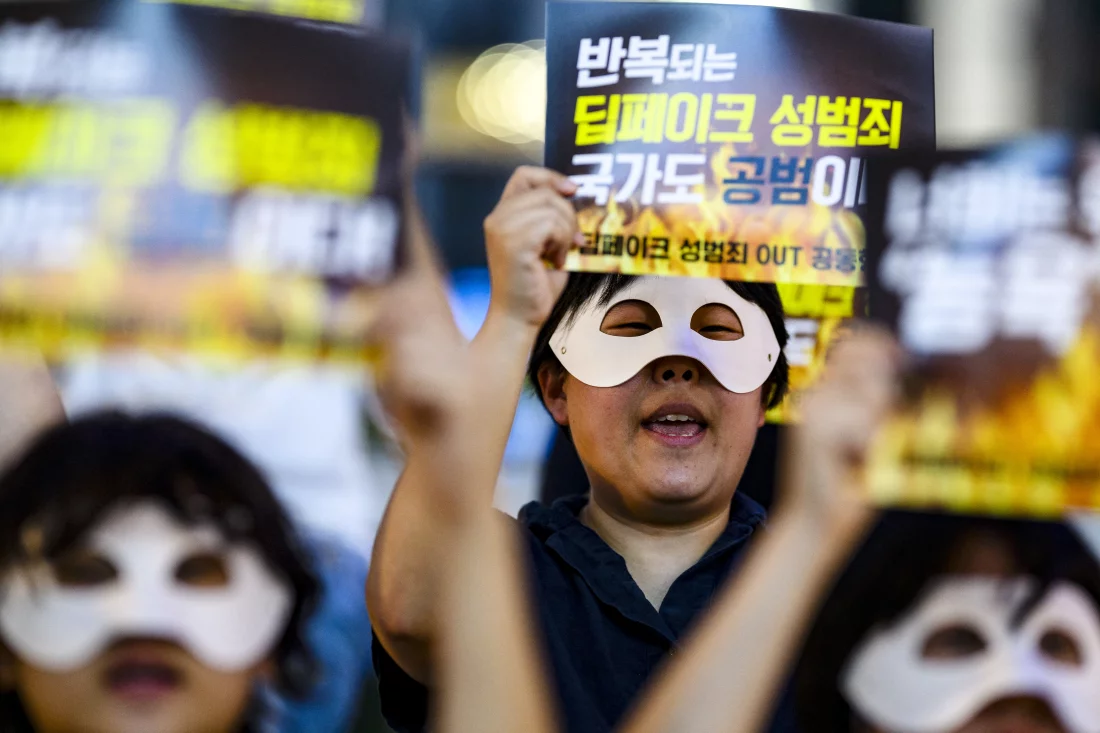Telegram is under investigation in South Korea for suspected sexual deepfakes.
Due to worrying allegations of the dissemination of sexual deepfakes, South Korea has increased its inspection of the messaging app telegram in recent weeks.
Artificially altered movies or photos known as “deepfakes,” which may accurately portray people in embarrassing circumstances, have become a major worry, especially when they contain non-consensual content.
The matter is critical as evidenced by the startling 88 reports of such instances that the South Korean police received in a single week.
The public and law enforcement are both quite alarmed by the increase in complaints. The fact that many of these deepfake films are allegedly directed at children makes the issue much more alarming.
Without their agreement, victims’ photos are frequently altered to include sexual material, which causes them great emotional and psychological suffering.
24 people have been identified by the police as having participated in the production and distribution of these dangerous items, indicating that they are acting immediately.
The main focus of the accusations made against Telegram is its purported function as a platform that facilitates the dissemination of deepfake content.
Although Telegram is well-known for its encrypted chat and privacy capabilities, these features can also make it easier for illicit information to spread.
Because the platform can host groups and channels with less supervision, those who want to distribute explicit content—including deepfakes—preferred to use it.
Perpetrators are bullying women
South Korea has long battled sex crimes including illegal filming, nonconsensual dissemination of sexually explicit images, online grooming and sexual blackmailing.
The creators behind the kind of deepfakes that are rampant on Telegram often target women they know personally, rather than random strangers, according to experts on online sex crimes.
To victims, the damage of such assaults by someone they know goes beyond violating their privacy, says Chang Dahye, a research fellow at the Korean Institute of Criminology and Justice in Seoul, who has studied online sexual assaults.
“They lose trust in their communities,” says Chang. “They fear they can no longer maintain their everyday life with the people around them. Essentially, their trust in social relationships collapses.”
What also differentiates sexually abusive deepfakes from other crimes, according to Chang, is their purpose.

